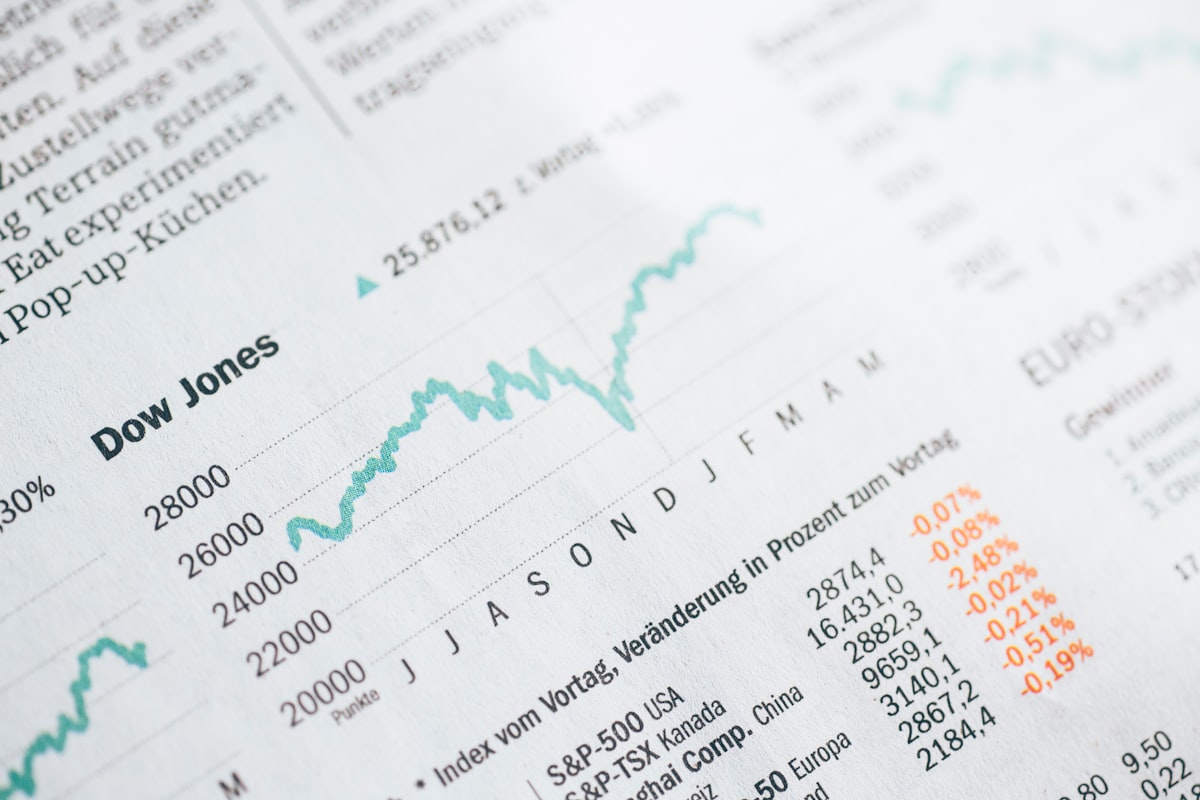The Global Economy is in Tatters as the USD Strengthens as a Safe Haven

The global economy is hanging by a thread. The situation is worsened by analysts’ negative forecasts.
This is despite the Dow Jones Industrial Average adding 469 points to 21,413.44 at the time of going to press. The index is up to two percent in the last day building on April 2 gains. Coincidentally, not only did the stock market bounce back after a crashing fall in the second half of March, but Bitcoin briefly retested the $7,000 mark.
Ironically, for the most valuable cryptocurrency, its store-of-value narrative is quickly fizzling out. BTC price has been on a roller coaster ride of some sorts in the last few weeks.
On Mar 12, like the rest of the financial markets, it cratered, collapsing to lows of $3,800 before quickly reversing back to $5,000, dipping once more to $4,000, before rising to spot rates. Still, the $7,000 mark remains elusive even in the face of optimism and other supportive developments as halving scheduled in a month.
Meanwhile, the global economy is staring at a recession. All signals point to what analysts say might be a painful collapse, worse than the Great Depression of the 1930s. That’s if the state of US employment leads.
COVID-19 Impact on US Employment
True, the stock market is propped by FED’s intervention, but April 2, 2020 unemployment claims statistics are enough to send shivers. Exceeding forecasts, 6.6 million Americans applied for unemployment claims.
COVID-19 fears and preventive measures taken by the government have seriously affected the Travel, Service, and Retail sectors as thousands lose jobs.
The speed of layouts in states as Pennsylvania, Ohio, and Massachusetts is sending shock waves, and in the last 14 days, 10 million Americans have lost their jobs.
But it could be worse.
The worst hit is Hawaii where the $17 billion Tourism industry has forced 85,000 people in the 1.5 million state to file for unemployment benefits.
This highlights the devastating effects Coronavirus has had on the economy as phone lines are jammed and the claim’s website left inaccessible as thousands queue.
Worse, the sharp spike in unemployment in the last two weeks shows income inequality in the United States.
The steady rise in the number of COVID-19 cases across the globe amid a nose diving economy and self-isolation measures to curb spread of virus will likely slow down recovery.
Seema Shah, the chief strategist at Principal Global Investors in London, in an interview with CNBC, said:
Rising jobless numbers suggest that productive capacity is being eroded. So when self-isolation measures are eventually lifted, economic activity will take that much longer to get back on its feet. The chances of a V-shaped economic recovery are fading.
The Rise and Rise of the USD
But while the global economy hangs precariously, the USD is cementing itself as a true safe haven. The USD Index is up 2.5 percent in the last week against a basket of currencies as investors flee from safety.
Notably, the Euro was down against the USD stemming from the ECB’s indecision on a rescue package for its member states ravaged by the coronavirus pandemic.
Italy, Spain, and France are worst hit by the virus outbreak and the indecision could force forex reserve managers to rebalance and instead stock up on USD.
In a note, analysts at Commerzbank said the USD’s rise could continue as the epidemic is stoking fears of a global recession.
These global recession fears are terrifying the markets - presumably with little differentiation between the countries. Which is why the dollar is standing up rather well and might appreciate a little bit more.




